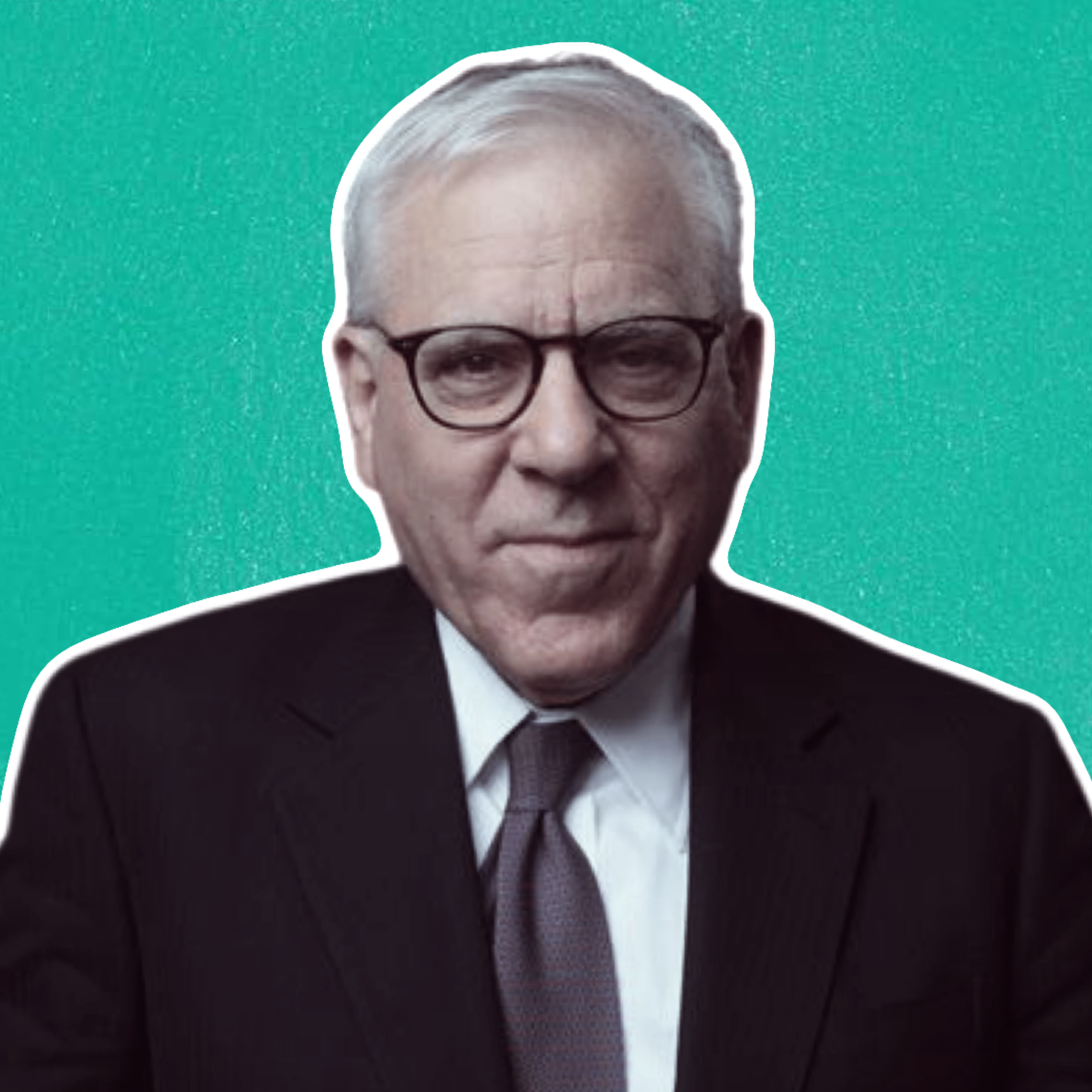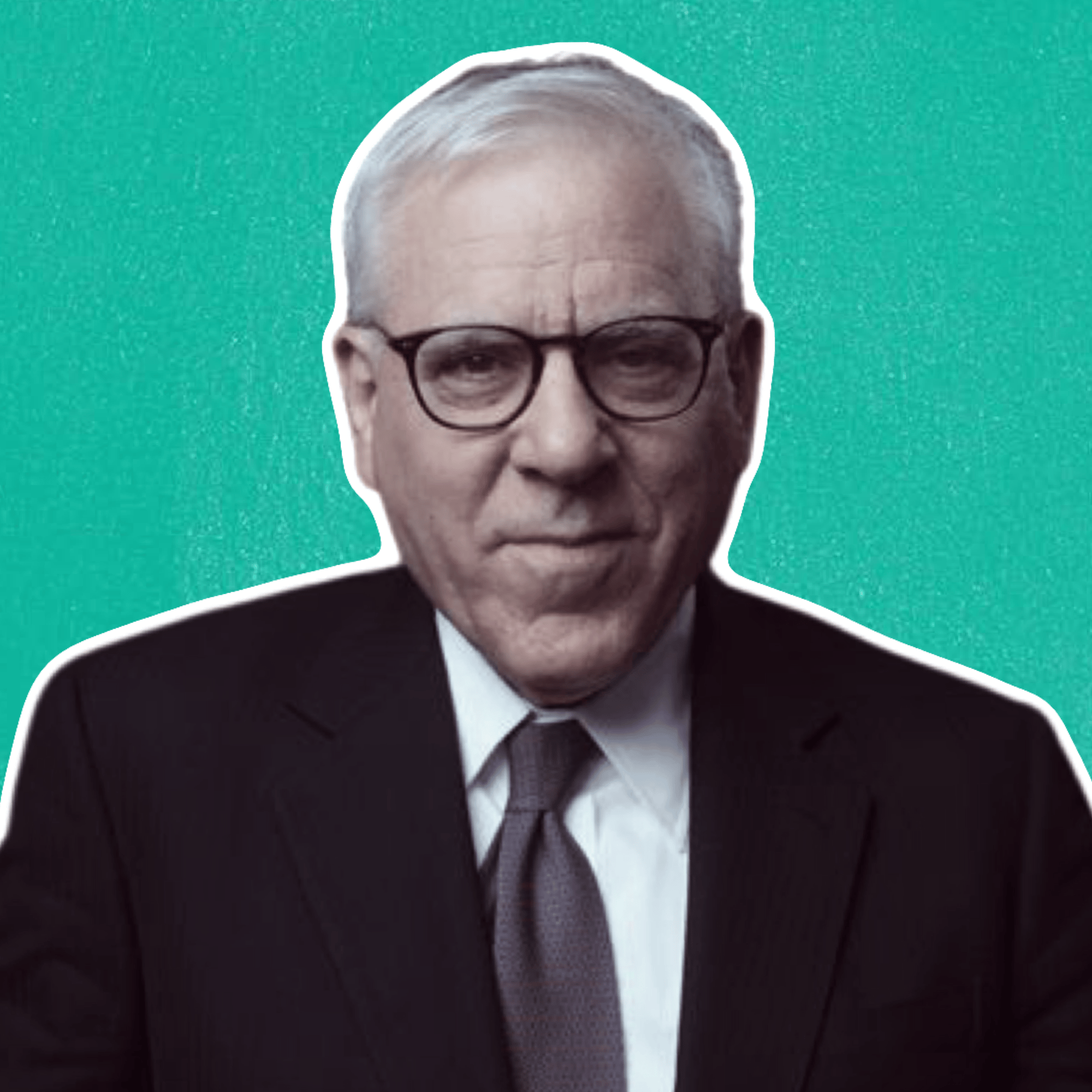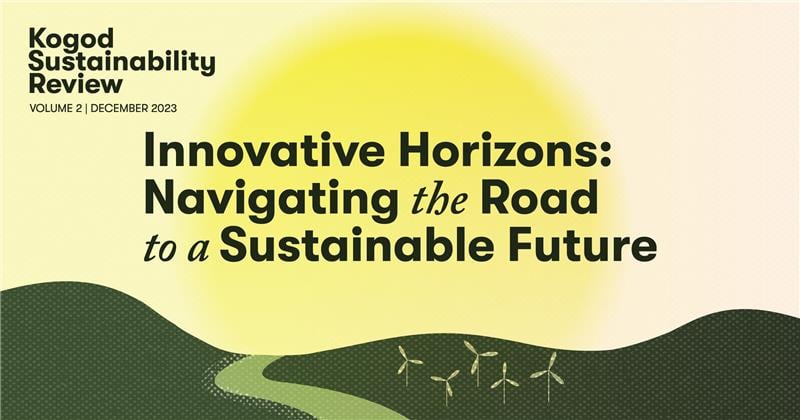
David Rubenstein
Co-founder and Co-chairman, The Carlyle Group
When I was a law school student at the University of Chicago in the early 1970s, I had a chance to meet the University’s legendary economist Milton Friedman, future Nobel Prize winner and that era’s leading proponent of the view that capitalism works best when companies maximize profits and worry about little else.
In Friedman’s view, described so well in his so-called Friedman Doctrine, companies, and their CEOs, should not focus on anything with their resources but achieving the highest levels of profitability, consistent with existing laws. Not a dime for investments in what we today call ESG or DEI or charitable contributions. In short, give the profits to the shareholders and let them decide what to do with those funds to improve society. The presumption—gospel at that time—was that focusing resources on sustainability, a word then not in common parlance, would detract from, rather than add to profits.
That was Friedman’s view, but also the view of many capitalists in that era. CEOs tended to reflect that view, and they almost all strived to maximize profitability by avoiding practices that would be considered socially or environmentally beneficial and not clearly contributing directly and immediately to the all-important bottom line. Friedman provided these CEOs with the intellectual cover to act in that manner.
Would Milton Friedman and his many followers have a different view today, a half-century later and at a time when the buzzword of sustainability is so prevalent on the lips of virtually every CEO?
My belief is that Friedman, if he were to return today from capitalist heaven, would actually be a cheerleader for CEOs working to enhance sustainability, even if significant corporate resources would have to be devoted to that undertaking.
Why do I believe this, and more importantly, why do I believe Milton Friedman would believe this?
The traditional Friedman theory was that a focus on something that is not directly focused on generating profit, like sustainability, would take resources owned by shareholders and use them towards social causes unrelated to maximizing profits. We now know that, at least in the current zeitgeist, corporate resources devoted to sustainability can increase profits—and thus achieve Friedman’s presumed goal.
What has changed since the 1970’s (and earlier decades, if not centuries)?
Today, a great many consumers want to buy products and support companies that focus on sustainability."

David Rubenstein
Co-founder and Co-chairman, The Carlyle Group
A great many employees want to work at companies that focus on sustainability. Suppliers want to sell to companies that focus on sustainability, and, quite importantly, shareholders increasingly want to invest in companies that focus on sustainability, in large part because they believe those companies will attract the most devoted customers, the most talented employees, and the highest quality suppliers. The result of all of that is this reality: companies pursuing sustainability can outperform companies that still operate in the Friedman traditional mindset (and those companies still exist).
Stated differently, companies want to attract customers who have the resources to purchase products and services. Such customers tend to be individuals who are reasonably well-educated, have good-paying jobs, and tend to be in the age 25-55 demographic base. These are the customers who often tend to want to make the world a better place, in part by supporting companies with practices that conform to their views about society (assuming the quality of products and pricing of those products are equitable). These types of customers are growing in number and in their commitment to using their considerable, and growing, purchasing power to help reduce the impacts of climate change and to help foster a more sustainable environment that contributes to the prosperity of all beings for current and future generations.
Like all generic statements, the ones above have exceptions. There are still some well-educated, well-meaning customers who simply do not care about sustainability or climate change, or at least they are not willing to change their conduct to affect those goals. They likely care about the lowest price for the highest quality. The environment be damned (more or less).
But, it seems that such customers are a shrinking segment of US and European societies and are shrinking more rapidly than Greenland’s glaciers.
So, to those students who want to work for successful companies, the choice is no longer between those that ignore sustainability concerns and those that care about sustainability.
Increasingly, companies are acknowledging that the most devoted customers, most resourceful suppliers, and best employees are those interested in companies that practice real sustainability."

David Rubenstein
Co-founder and Co-chairman, The Carlyle Group
These are the companies that will win the profitability race, for sustainability will be a force for increasing sales, quality, and performance.
For that reason alone, students looking for jobs should seek companies which are pursuing sustainability. They will be the corporate winners of the next generation and beyond. Even Milton Friedman would likely agree today with that view—and no doubt those are the companies where he would seek employment as well.
